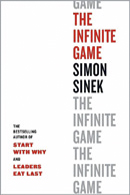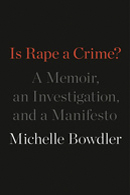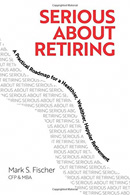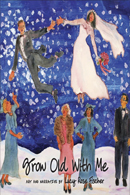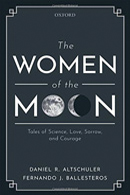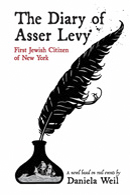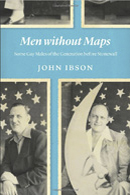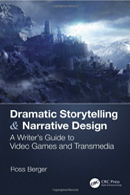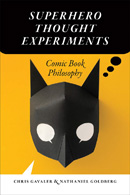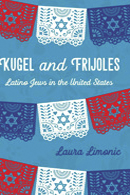On the Bookshelf
Faculty books
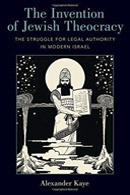
This volume explores the history and consequences of the principle of the halakhic state, the idea that Israel should be governed by Orthodox Jews’ views on the law of the Torah. Assistant professor Kaye, the Stoll Chair of Israel Studies, examines the tensions that persist between those who believe Israel’s laws should derive from God and those who believe they should come from the people.

Part of the Tauber Institute Series for the Study of European Jewry, the diaries of Zinaida Poliakova (1863-1953), a member of the so-called Russian Rothschilds, offer an unprecedented look at the Jewish elites of Moscow and St. Petersburg. ChaeRan Freeze, who edited the diaries and provides fascinating background on Poliakova, is a professor of Near Eastern and Judaic studies, and women’s, gender and sexuality studies. Gregory Freeze, who translated the diaries, is the Victor and Gwendolyn Beinfield Professor of History.

A comprehensive proposal of solutions for state-owned enterprises in Latin America, which struggle financially and are weakened from political intervention. The book endeavors to help policymakers undertake the appropriate centralized monitoring of SOEs and oversee the necessary reforms. Musacchio is a business professor at Brandeis International Business School.
Alumni books

A formal education, Thomas Jefferson wrote, prevented him from falling into “the society of horse racers, card players [and] foxhunters.” To give white children from all social classes the same ameliorating advantage, Jefferson tried to establish in Virginia a system of public education. After this attempt went nowhere, he turned his attention to building a great state university that would mold well-to-do boys into enlightened statesmen, an outcome that also didn’t materialize quite as he had hoped. Taylor, the Thomas Jefferson Foundation Professor of History at the University of Virginia and a two-time winner of the Pulitzer in history, examines — with the skill of a superb storyteller — Jefferson’s high-minded but flawed attempts to reform his fellow Virginians through schooling.
